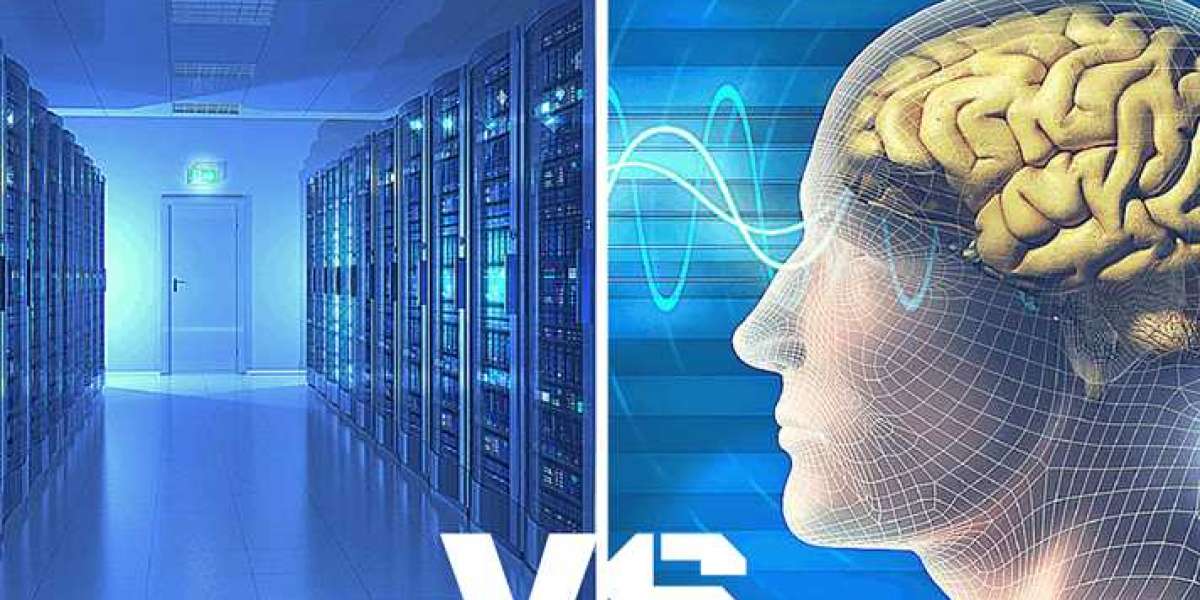Let’s define a computer as a personal desktop for non-professional use (i.e. not a server running 24/7).
And to keep things simple, we’ll limit the comparisons to three areas:
- Storage
- Memory
- Energy efficiency
Storage
- For day-to-day usage, most computer users will get by with 500GB of storage. Creatives, gamers, and other data-heavy users will often rely on additional storage on the cloud or on a portable SSD.
- Estimates vary on how many nerve cells, or neurons, exist in a typical brain. Many studies rely on 100 billion neurons, while a Standford University estimates that the brain actually has 200 billion neurons.
- Based on our understanding of neurons today, we would estimate the brain’s storage capacity at 1 petabyte.
Memory
- So far, it’s an even contest. The human brain has significantly more storage than an average computer. And a computer can process information exponentially faster than a human brain.
- Humans also relate memories to one another, so your memory of New Year’s Eve will tie to all of your other New Year celebrations over the course of your life. A computer lacks this ability, at least for now.
Energy Efficiency
- The contest is still a toss-up. Computers are faster and more precise, while humans have more storage capacity and nuance in accessing memories.
- A typical computer runs on about 100 watts of power. A human brain, on the other hand, requires roughly 10 watts. That’s right, your brain is ten times more energy-efficient than a computer.
Conclusion
Ultimately, there is no clear winner overall. Human beings and computers have their own advantages, depending on the category. If you want precision and raw processing speed, a computer is the clear choice. If you want creativity, energy efficiency, and prioritization, a human is your best bet.







